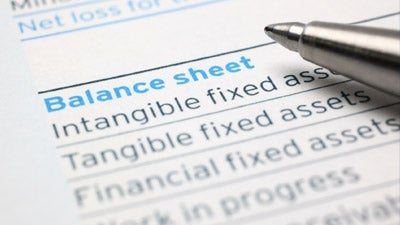Posts Tagged ‘Profits’
How to Keep Your Small Business Alive During Tough Financial Times
Small business owners need to be savvy and come up with real ways to reduce their expenses and increase their cash flow. In simple terms, less money needs to be leaving your account and more money needs to be coming in. It is an obvious statement to say that you need higher profits, but so many companies are missing opportunities to do just that.
Read More Financial Statement Fruit Salad Is a Recipe for Disaster
You can’t make good decisions for your business without accurate financial statements. If someone is inputting the wrong information, or putting it in the wrong locations, then you’ll have financial statements which can’t be relied upon. You don’t need to know the intricacies of how each entry is made. You do need to know enough to question if the statements don’t appear to be right.
Read More Sometimes Revenue Is the Wrong Sales Metric
Revenue is important! The top sales executive needs to be accountable for producing the expected revenue. But the top sales executive is also accountable for executing the corporate strategy. Sometimes to do both, we have to change the way we measure (and compensate) sales people. Sometimes revenue quotas are the wrong thing.
Read More How to Mine Your Customer List for Sales Gold
As a business owner, your biggest potential gold mines are often closer than you think—it’s just a matter of knowing where to look. By going beyond what’s worked in the past and being open to new strategies, you’ll be surprised by how many untapped profit centers are just within your reach.
Read More Cash Is Time Is Cash
Here is a simple economic truth. Fixed overhead continues to eat into your cash month after month. It doesn’t differentiate facile, efficient businesses from slow, disorganized, quality-challenged ones.
Read More A Great Product Will Fail Unless You Price It Right
One of the toughest decisions for a startup is how to price their product or service. The alternatives range from giving it away for free, to pricing based on costs, to charging what the market will bear (premium pricing). The implications of the decision you make are huge, defining your brand image, your funding requirements, and your long-term business viability.
Read More Profit Is Not Cash
Each month, your profit and loss statement tells you whether you earned a profit or had a loss. It does not tell you how much cash you have. You must turn your profits into cash by collecting your receivables and paying the expenses incurred to produce those revenues.
Read More 





